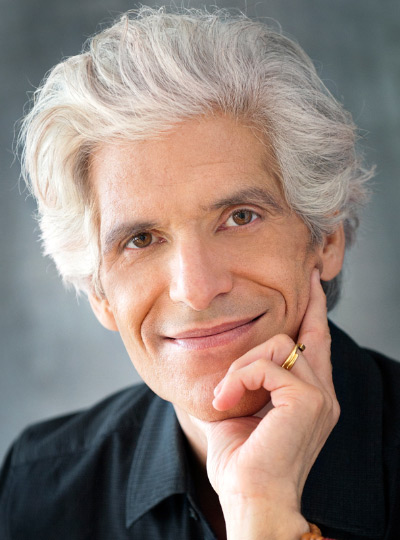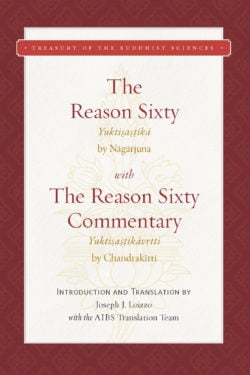Joseph J. Loizzo

Joseph Loizzo, MD, PhD, is the founder and director of Nalanda Institute for Contemplative Science and Assistant Professor of Clinical Psychiatry at Weill Cornell Medicine. He is the author of Sustainable Happiness: The Mind Science of Well-Being, Altruism, and Inspiration and co-editor of Advances in Contemplative Psychotherapy: Accelerating Personal and Social Transformation.
Books, Courses & Podcasts
The Reason Sixty
The Reason Sixty: Second Edition presents two key Indian Buddhist philosophical masterpieces that integrate the Buddhist ethos of wisdom and compassion, with their profound relevance to contemporary thought clarified by a renowned scholar of contemplative science.
This volume contains English translations of two critical treatises of the Middle Way (Madhyamaka) Buddhist philosophical school: the Reason Sixty, by the most important of Indian thinkers Nāgārjuna (2nd century CE), and the commentary by his most influential successor, Chandrakīrti (7th century CE). These two treatises emphasize the non-foundationalist reasoning for which Madhyamaka thought is famed, here within the context of that quintessential Buddhist topic, universal compassion, thereby illuminating the nondual nature of these two fundamental components of Indian Buddhist thought. The full import of Nāgārjuna’s verses are brought to life by Chandrakīrti, whose influence in Tibetan Buddhist educational institutions remains profound to the present. Translator Joseph Loizzo, a Harvard-trained psychiatrist and Columbia-trained Buddhologist, elucidates the relevance of these two treatises to the linguistic turn in contemporary philosophy and emphasizes their practical, therapeutic possibilities. Comparing in particular the deep resonances between Chandrakīrti’s commentary and Wittgenstein’s later work, Loizzo presents a masterful analysis in cross-cultural thought that highlights the transformative potential of philosophy.
This volume is part of the Treasury of the Buddhist Sciences series, copublished by the American Institute of Buddhist Studies (AIBS) and Wisdom Publications in association with the Columbia University Center for Buddhist Studies and Tibet House US. You can learn more about the series here.

